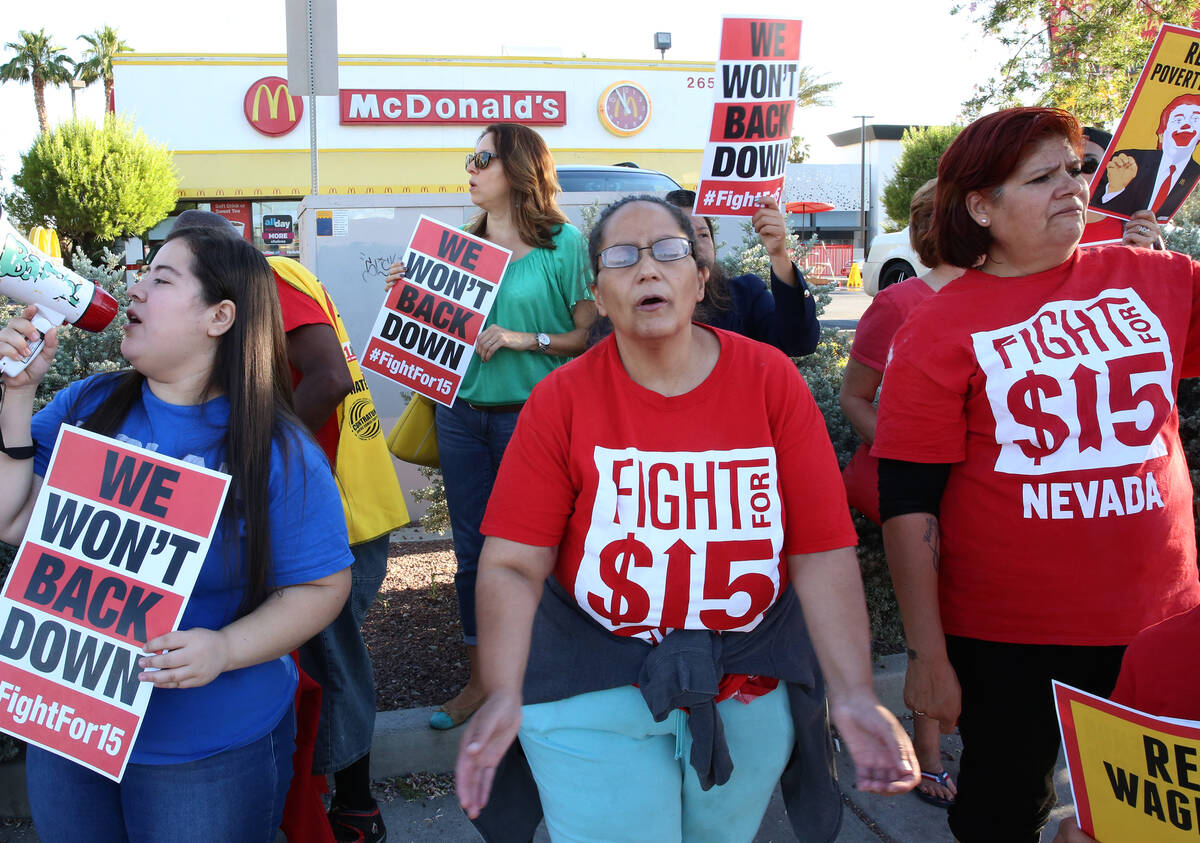EDITORIAL: How to kill jobs
Democrats claim to be concerned about “affordability” and job creation. Why, then, do they repeatedly propose policies that undermine those goals?
Consider California, where the dismal results are in for the state’s experiment in restaurant central planning.
In 2023, the state bumped the minimum wage to $20 an hour for fast-food chains with at least five dozen locations, a tacit acknowledgment that such a move would drive smaller operators out of business. Lawmakers also created a “Fast Food Council” to oversee the industry and potentially impose annual increases in the wage floor. It sounds so Eastern European circa 1980.
What came next will surprise only the progressives who blindly embrace such destructive interventions. Costs soared at California fast-food restaurants. Franchise owners cut hours for many workers, minimizing the effect of the wage increase on take-home pay. Others rushed to embrace technology that made some employees obsolete.
One fast-food entrepreneur with 180 restaurants told the Los Angeles Times that he started “capping worker hours to avoid overtime pay” and used artificial intelligence to unveil self-service kiosks and automated drive-thru ordering, which led to fewer jobs. According to a report by Kalinsky Equity Research, prices at Wendy’s in California rose an average of 8 percent, while Chipotle customers in the Golden State saw 7.5 percent price hikes.
Job losses were pronounced. A working paper from researchers with the National Bureau of Economic Research concluded that “California lost about 18,000 jobs that could have been retained” if lawmakers had resisted the minimum wage hike. That dovetails with a September analysis by the Employment Policies Institute, which used Bureau of Labor Statistics data to conclude that the industry lost 15,988 jobs since the law went into effect in April 2024.
Reason magazine’s J.D. Tuccille noted that one study — out of Cal-Berkeley — claims the higher minimum wage did not negatively affect employment and triggered only a modest increase in prices. But a New York University statistics instructor told the publication that “the results celebrated in the press release and echoed by the media aren’t in the paper. In fact, it barely addresses the effect of the minimum wage increase on fast-food employment in California.” He pointed out that the Berkeley study also failed to separate fast-food outlets from other restaurants.
These job losses hit those on the lower end of the economic spectrum the hardest and make it more difficult for younger workers to get the experience they need to move up the employment ladder. While supporters of massive minimum wage hikes — why not just jump to $100 an hour? — emphasize wage gains for a small number of employees, those who no longer have work or job opportunities are consigned to the shadows.
Democrats in Carson City take their lead from Sacramento. If they push to import a massive minimum wage hike in Nevada, they’ll get the same job-killing result.

















